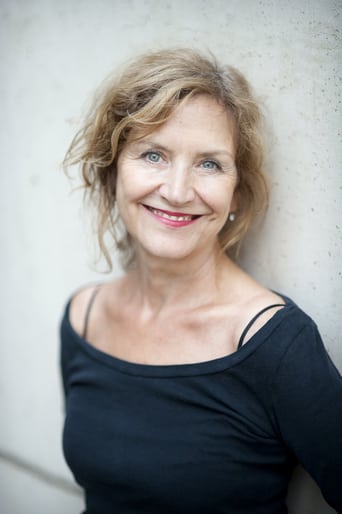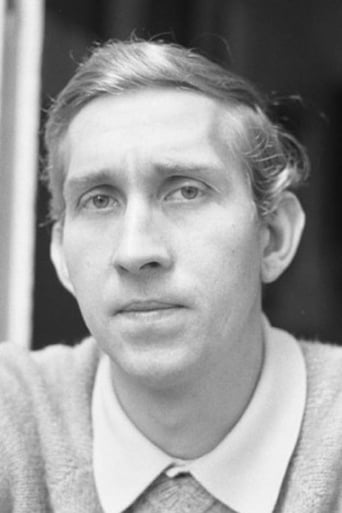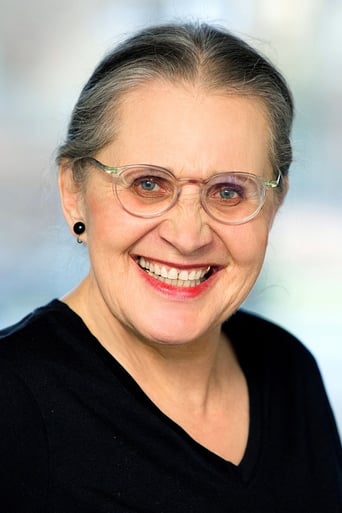Horst in Translation ([email protected])
"Heimat - Eine deutsche Chronik" is a German mini-series from 1984, so this one will have its 35th anniversary soon. It was made by Edgar Reitz and this is his career-defining work, not just this one here, but also the two mini-series he made as sequels as well as the fairly recent really long movie about Sehnsucht/longing. But we talked and will talk about these on other occasions. Today lets focus on this one here. It consists of 11 parts with an average of 80-90 minutes perhaps. The shortest chapters run for under an hour, but the longest run for over 2 hours even. German film buffs will recognize a name or face here and there maybe, but there's really no big names in here, actors who were known crucially for their work with Herzog, Fassbinder, Wenders or Schlöndorff. But that's just a statement, that is not supposed to discredit this mini series in any way. Nonetheless, I must say I was rather disappointed by the overall outcome. From the episode list, you will see by the years listed in there that it spans over a duration of over 60 years. And according to the description on IMDb, it is about a character's life who was born in 1900: the character of Maria. But this is only partially true. There are massive, very lengthy segments that do not involve her character whatsoever, even if it may be about her family members for example.The only episode I kinda enjoyed was the second. Afterward, it went south quickly and stayed there until the very end. Which means there were major lengths on many occasions. Not even the parts about the years of World War II were interesting. The general idea that people struggled with their everyday lives too, with work, with love, with death, with money, with family was introduced and that these issues were maybe much more important for them than the War while when you hear about the 1930s and 1940s, then everybody says immediately oh yes Hitler, the War, the 3rd Reich etc. but people had the very same problems as we do today. Sadly this approach was taken, but not elaborated on here convincingly. Back to Maria: With her in the center of it all, this could have been a defining mini-series about the average person, but sadly it moves away too frequently from her and when it moves back or stays on her life, then it is also rarely on a level that I would approve of in terms of cinematic quality.Another aspect I personally found really distracting was Reitz' switching between black-and-white permanently, especially early on. Later on, there are also entire chapters that don't change and stay one of these creative choices from start to finish. But in the first few episodes I found it really random and annoying and I wonder if there was any logic to it. Completely aside from that, I think that the entire project resulted into an outcome of mediocrity and this refers to writing, acting and several other production values too. It is never on a level of failure, but it's way below goodness too. To me it was sadly never a memorable or even inspirational I must say. The overall bleakness or the fact that very little happens are not at the core of the series' struggles. It's perfectly fine to include it the way Reitz did, even appreciated at times when it helps the realism component. However, if doing so, you need to deliver in other fields and areas that somehow justify the existence of this story. And to convince me that the characters at the center of the action deserve a film that centers around them. I don't think this was achieved here. And that's why I give it a thumbs-down. It's clearly superior for example compared to Reitz' most recent addition to the series. I don't recommend checking out "Heimat: A Chronicle of Germany". Or only see episode number one and if you don't really love it, then stop right away as it is certainly not getting better afterward, rather worse. Save your time and stay away from this one.






